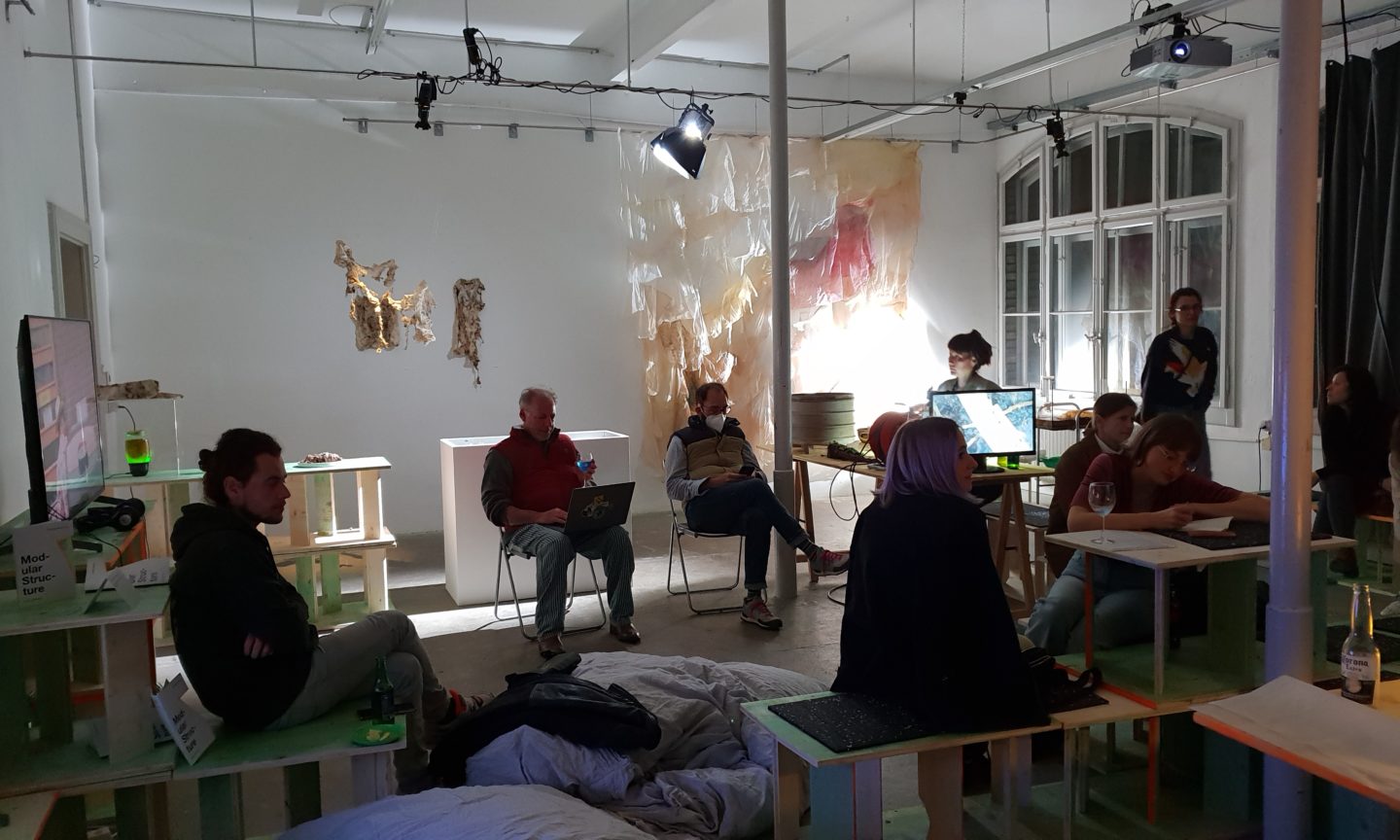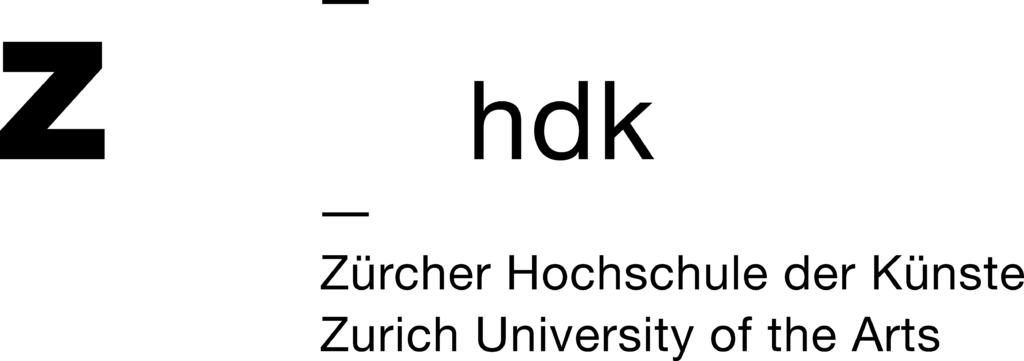Commoning Curatorial and Artistic Education #3 – Jennifer Deger (FERAL ATLAS)

Collaborative formations: the Feral Atlas Experiment
Hier klicken für die deutsche Version.
Why do collaborative and collective knowledge practices matter more than ever in the Anthropocene? What role do curators have to play in giving form to such possibilities?
Co-curator, Jennifer Deger will discuss the making of Feral Atlas, a deliberately layered and sometimes discordant approach to apprehending the Anthropocene in formation. With digital exuberance the atlas holds onto the value of place-based evidence, embracing profoundly different genres and traditions of knowledge to promote composite perspectives and communities of practice—without imposing hierarchies of value and truth from afar.
Jennifer Deger is co-curator of Feral Atlas: the More-than-Human Anthropocene www.feralatlas.org and a Professor of Digital Humanities at Charles Darwin University. She is a founding member of Miyarrka Media, an intercultural arts group based in northern Australia (https://miyarrkamedia.com) and curatorium collective (https://www.instagram.com/c_cltv/), an intergenerational effort to wade through the intertidal zones of art and anthropology.This program is part of a lecture series by the Shared Campus platform, Zurich University of the Arts, as part of one of the Summer Schools of CAMP notes on education:
The two-week Summer School wants to impact commoning strategies in fine arts, and curatorial education by inviting students, staff and external guests to co-teach and teach each other by sharing and discussing their situated experiences of practice and theory in an open and trustworthy way. Students are part of the Shared Campus platform, a network of eight partner universities from Switzerland, Great Britian, Taiwan, Hong Kong and Singapore.
DE
Kollaborative Formationen: das Feral Atlas Experiment
Warum sind kollaborative und kollektive Wissenspraktiken im Anthropozän wichtiger denn je? Welche Rolle müssen Kurator*innen spielen, um solchen Möglichkeiten eine Form zu geben?
Co-Kuratorin Jennifer Deger wird über die Entstehung von Feral Atlas sprechen, einem bewusst vielschichtigen und manchmal widersprüchlichen Ansatz, um das Anthropozän in seiner Entstehung zu begreifen. Mit digitalem Überschwang hält der Atlas am Wert ortsbezogener Beweise fest, wobei er zutiefst unterschiedliche Wissensgattungen und -traditionen einbezieht, um zusammengesetzte Perspektiven und Praxisgemeinschaften zu fördern – ohne Hierarchien von Wert und Wahrheit aus der Ferne aufzuerlegen.
Jennifer Deger ist Mitkuratorin von Feral Atlas: the More-than-Human Anthropocene www.feralatlas.org und Professorin für Digital Humanities an der Charles Darwin University. Sie ist Gründungsmitglied von Miyarrka Media, einer interkulturellen Kunstgruppe mit Sitz in Nordaustralien (https://miyarrkamedia.com) und des Kuratoriumskollektivs (https://www.instagram.com/c_cltv/), einem generationsübergreifenden Versuch, die Gezeitenzonen von Kunst und Anthropologie zu durchwaten.
Dieses Programm ist Teil der Vortragsreihe der Shared Campus Plattform, Zürcher Hochschule der Künste, im Rahmen einer der Summer Schools von CAMP notes on education.Die zweiwöchige Summer School will Einfluss nehmen auf Kunst- und kuratorische Ausbildung mit Strategien der Gemeinschaft. Wir laden Studierende, Mitarbeiter*innen und externe Gäste ein, sich gegenseitig zu unterrichten und zu lehren, indem wir situierte Erfahrungen in Praxis und Theorie offen und vertrauensvoll austauschen und diskutieren. Die Studierenden sind Teil der Shared Campus Plattform, einem Netzwerk von acht Partneruniversitäten aus der Schweiz, Großbritannien, Taiwan, Hongkong und Singapur.
Credit Titelbild: Compost – The Open Bin (Composting Knowledge), Exhibition project at the OnCurating Project space, Panel discussion, Humus Sapiens with artists Malte Larsen, Maya Minder, Linda Mary Montano, Andreas Siagian, Adam Zaretsky, March 2022, Zurich.
https://oncurating-space.org/compost-humus-sapiens/


